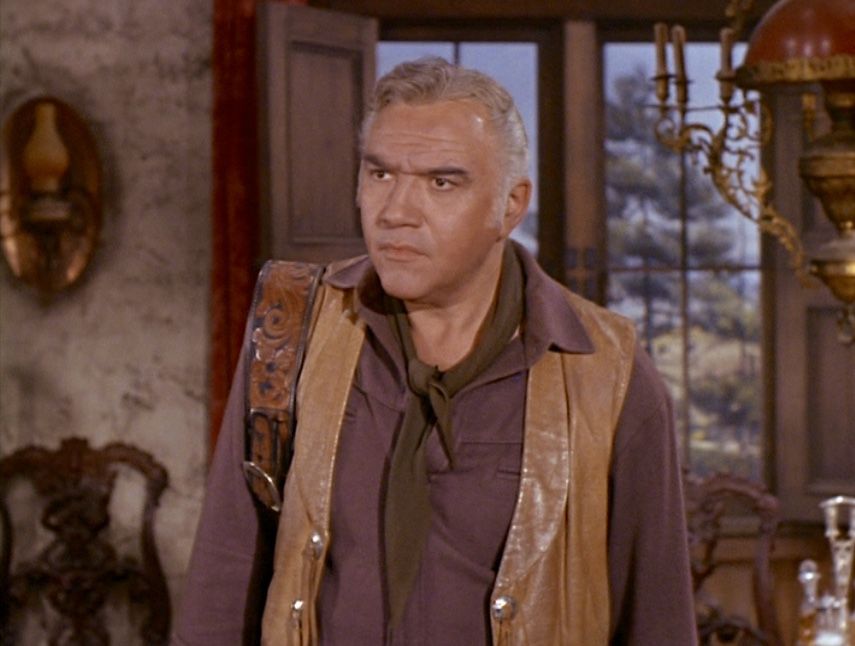Bonanza was a series that was on the air for over ten years, so it’s certainly no wonder that the series changed as the seasons progressed. In an interview with The Independent, the cast of Bonanza acknowledged the show’s growth and argued that it was for the better. Lorne Greene, best known as Ben Cartwright, said that one single person wasn’t responsible for the show’s development, but rather, a group effort.
Greene said, “I think a great many people had a great deal to do with the changing, the steering of the show to its present course. As with any show when it starts out, the characters are sort of cardboard characters; they’re representations of characters. And the actors have to come along and add their thoughts and their physical presence, their ideas and their talent…”

For example, Greene was a bit critical of early depictions of his character.
The actor said, “I went around at first with a gun in one hand and a Bible in the other, and I used each at will.”
But as the years went by and Greene began to better understand his character, the strict rules his character had to adhere to began to loosen. Specifically, Greene cited one of the changes he advocated for was to give his character a sense of humor.
He said, “Where’d they [the Cartwright sons] get it? They’ve been living with me all those years. Please can’t I have a sense of humor too? And little by little, we developed these things.”

Greene and Landon also said that Hoss, played by Dan Blocker, shifted from a “big bumbling idiot, a sort of comedy character, a hayseed character… to a character of intelligence, of thought, of strength and certainly — all of which he has”
However, Greene acknowledged that while much has changed, not everything in Bonanza changed. He said, “Sometimes, in 1966 we find ourselves playing in a scene we did in 1960.”
Blocker said, “And after so many shows, it’s almost impossible not to. There are just so many basic stories that can be one, and the rest of them are just variations.”
